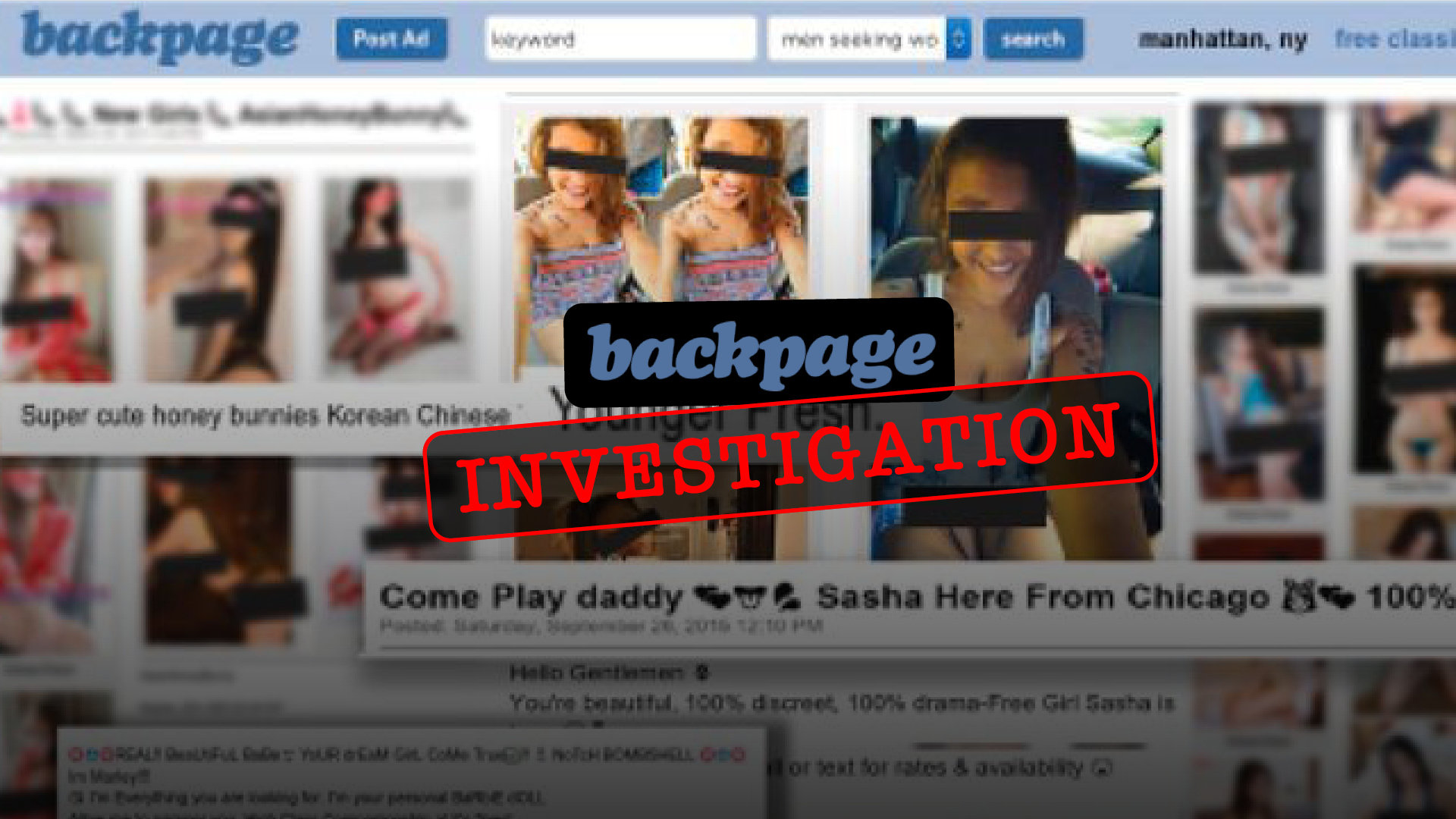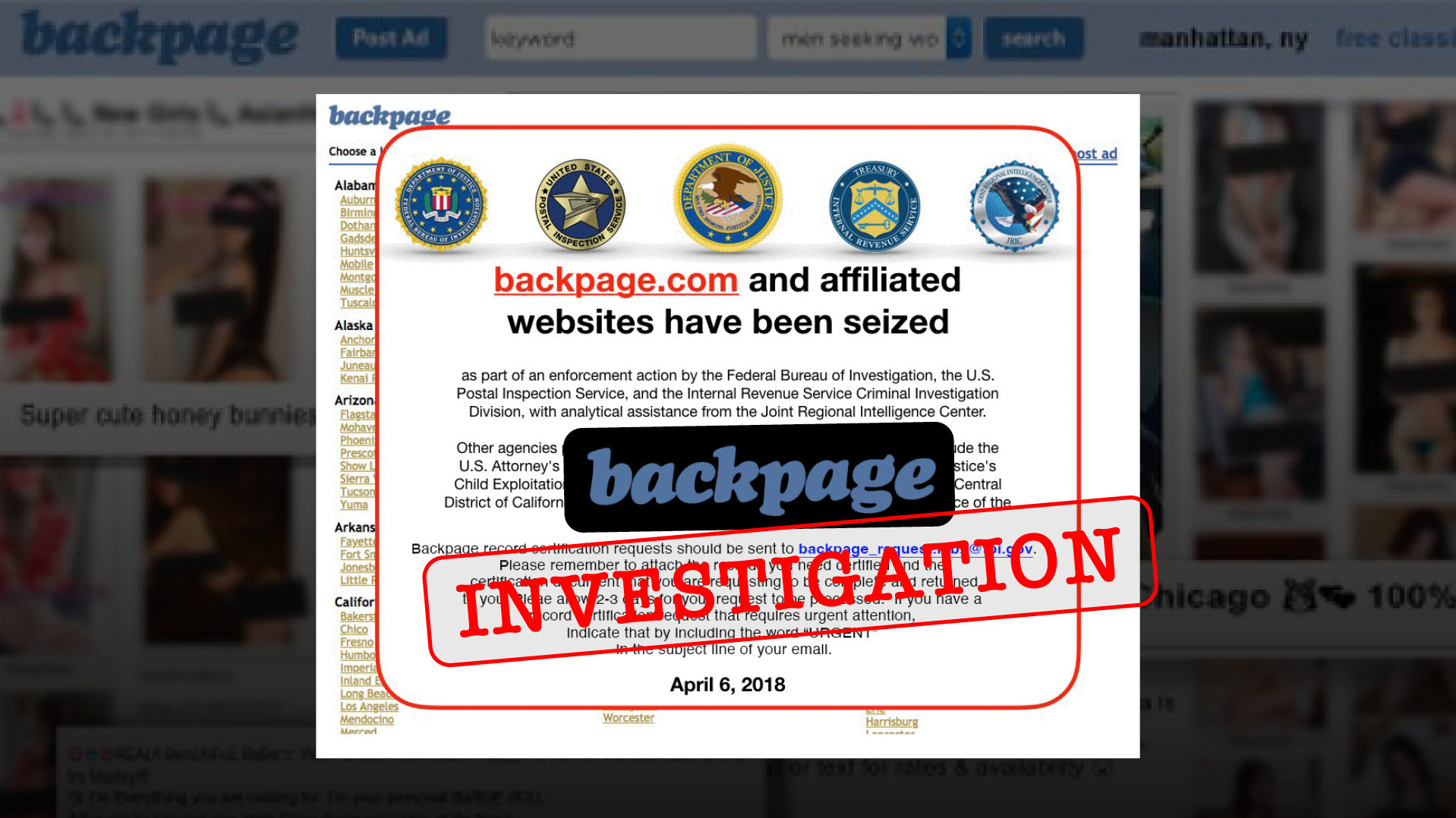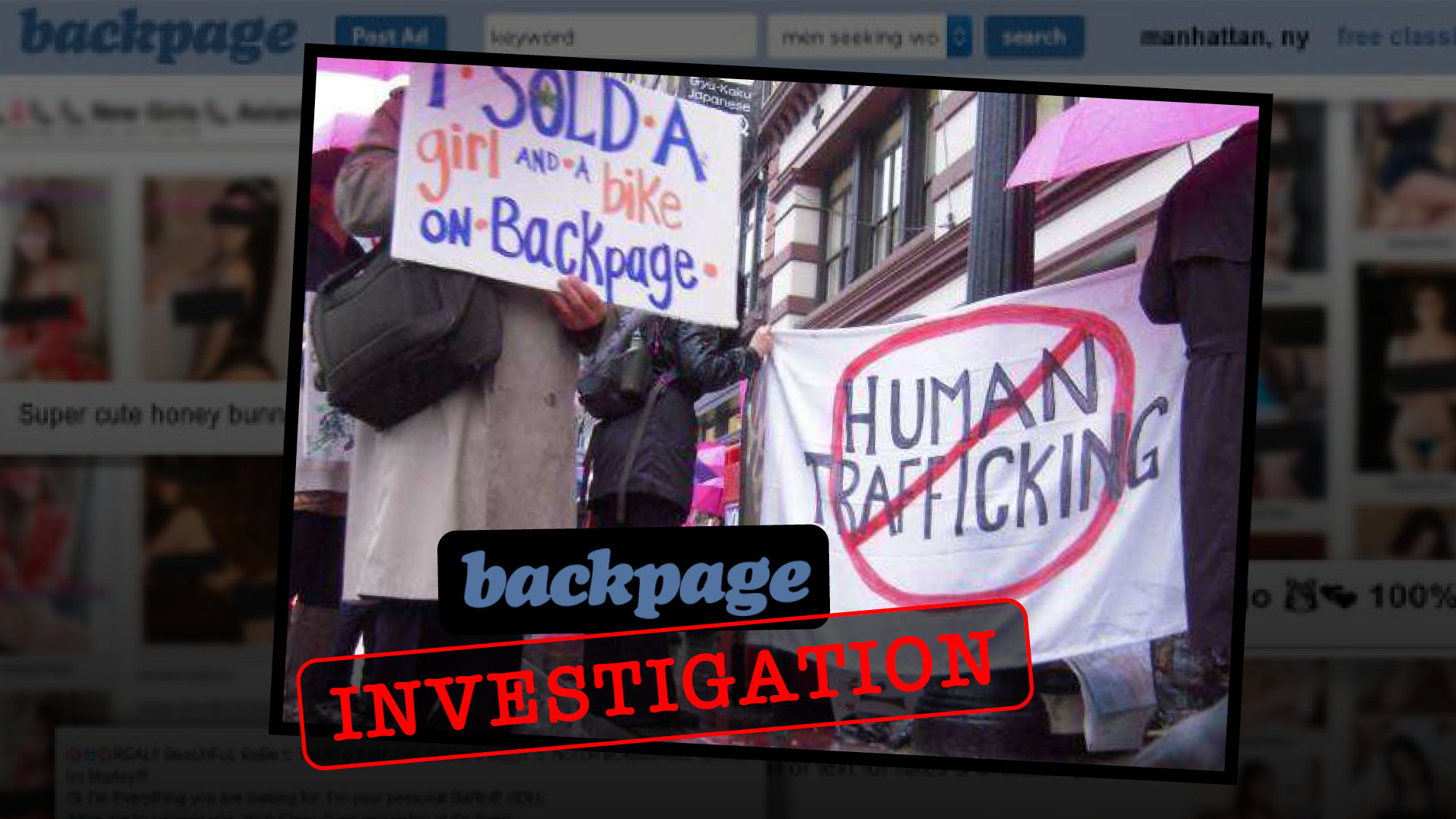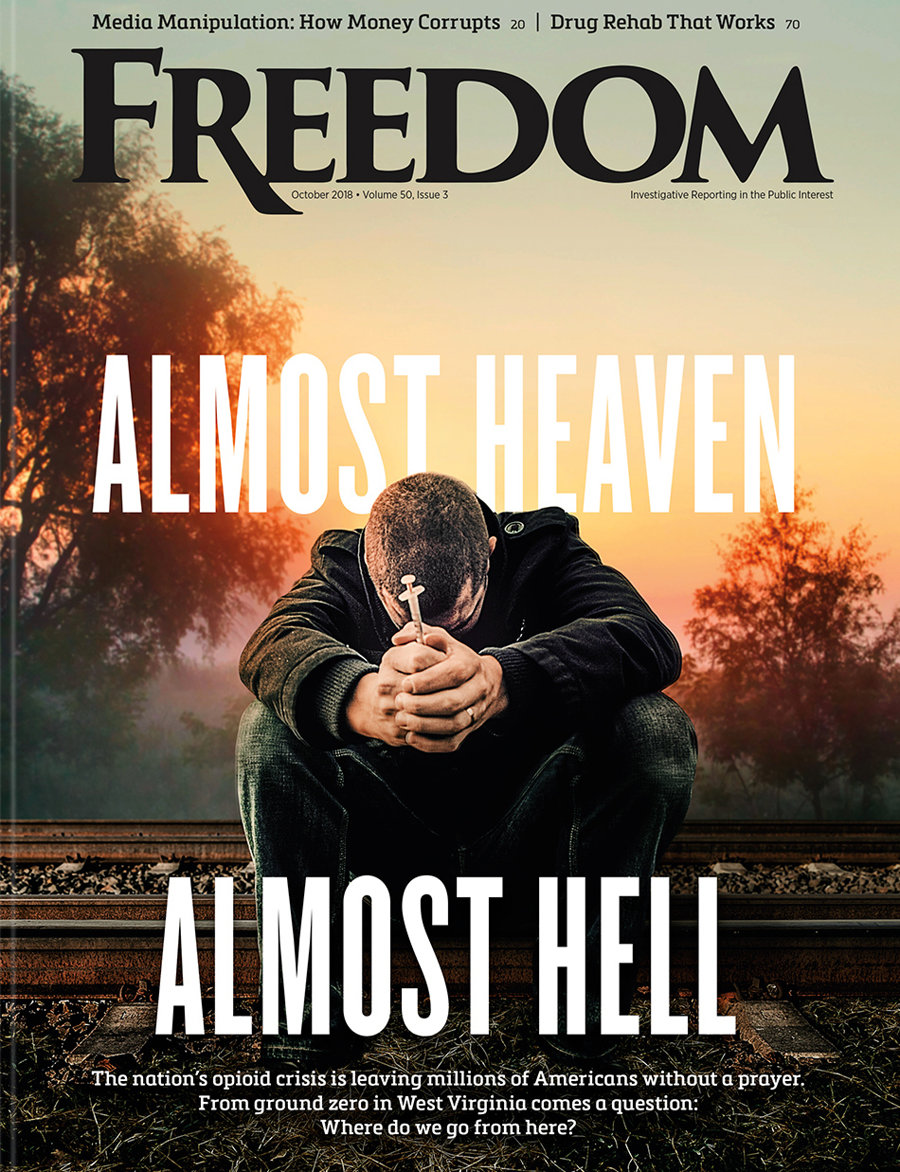PART 6
This is the sixth of a seven-part exposé of the exploitation of children for sex by the classified ads portal Backpage.com. Click here to see the previous installment.
At the same time, in an attempt to communicate with buyers in a coded manner aimed at evading law-enforcement scrutiny, sex ads on Backpage had also begun to rely less on standard text and more on emoji visual icons. In the world of Backpage sex ads, emojis signify many messages—including whether a person is underage. For example, a “growing heart” (several hearts nesting inside a heart) represents an underage child. So does a cherry or a cherry blossom. An airplane emoji indicates that a victim arrived recently and won’t be in the area for long. Roses represent cost—the more roses, the more expensive is the advertised victim.
The link between emojis and sex trafficking on Backpage was uncovered by San Diego State University’s Information Systems Master’s Program graduate Jessica Whitney and her thesis adviser, Professor Murray Jennex. In February 2017, Whitney culled a month-long data set of 8,700 sex ads that ran on Backpage in Southern California counties. Using sophisticated computer software, over a four-month period they interpreted what the emojis meant, explains Jennex, by matching the icons against six indicators of sex trafficking as well as keywords such as “little girl,” “youthful,” “sweet” and “fresh.”
Since mid-May 2017, Backpage had blocked internet users in the U.S. from accessing its overseas sites, which continue to feature sex-bartering classified ads. “Nothing has changed except for a technology upgrade on Backpage.com,” explained Nic McKinley, founder and executive director of DeliverFund, an Albuquerque, New Mexico-based nonprofit that tracks and disrupts human trafficking networks. “My guess is that Backpage was trying to make it more difficult for journalists to see the entirety of their online empire.”
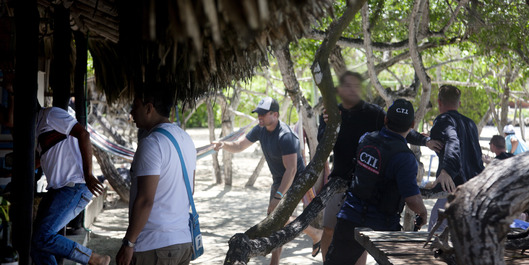
Months before the federal government pulled the plug on Backpage, Tim Ballard—former special agent for the Department of Homeland Security’s Internet Crimes Against Children Task Force and founder of Operation Underground Railroad, which works with law enforcement to rescue children and bring traffickers to justice—acknowledged progress in shutting down the adult pages in the U.S.
“We’re trying to get our foreign partners to recognize the danger of Backpage and do the same with its international efforts” against child trafficking, Ballard said. “It is the place right now where this is happening.”



